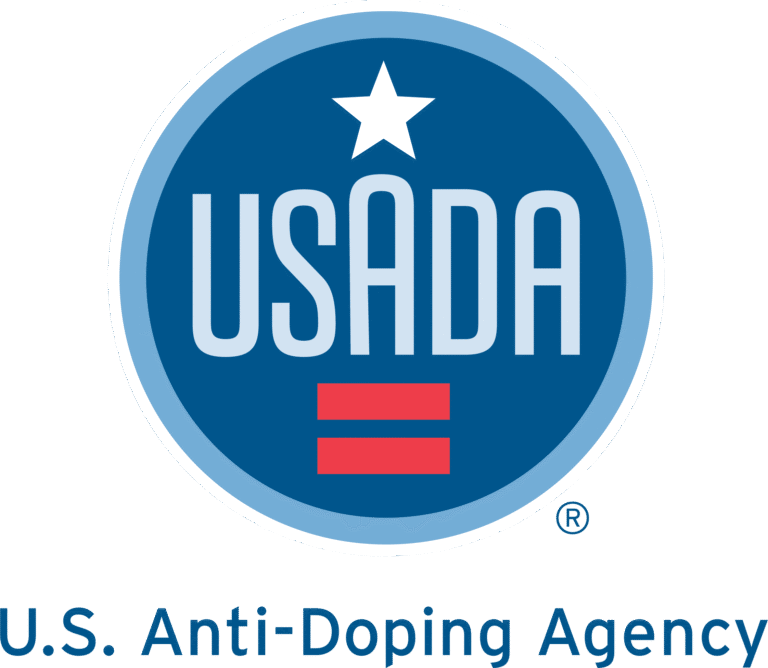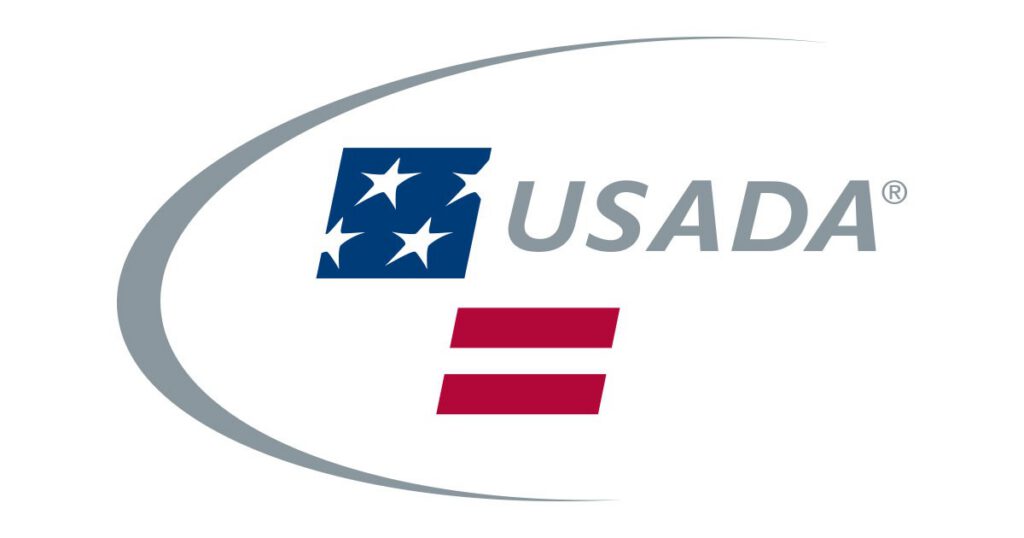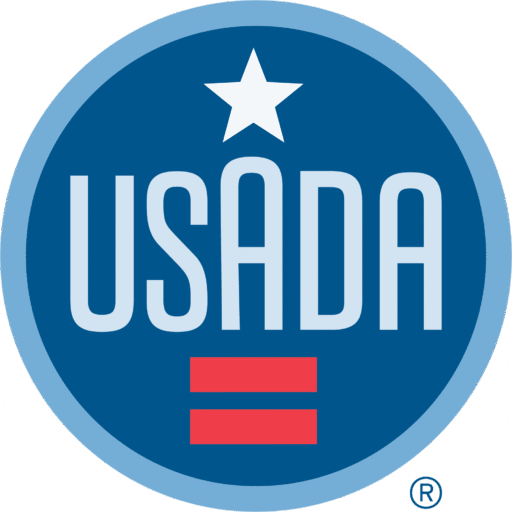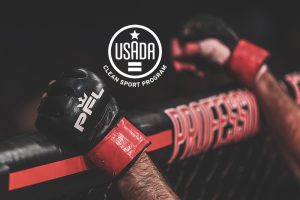The 29,000 students in Colorado Springs’ School District 11 will benefit from comprehensive curriculums offered by the U.S. Anti-Doping Agency (USADA), the agency announced today. In a vote during its School Board meeting last Wednesday night, as part of the district’s overall physical education and health education program the Board approved USADA’s “100% Me” and “That’s Dope” curriculums, making this the first full district to implement USADA’s curriculums for each level, aligned for elementary, middle and high schools.
“The USADA curriculums are the most purposeful that I’ve seen for character development, and are the only resource currently available that combines ethics, drug prevention, nutrition, and energy drink and supplement lessons in one package,” said School District 11 Physical Ed & Health Curriculum Facilitator, Peggy Vigil. “The curriculums are interactive and engaging and will meet the needs of the 21st-century learner.”
With a foundation of skills development for character-building, goal-setting, performance-enhancing drug prevention, sound nutrition practices, and dietary supplement and energy drink education, USADA’s curriculums empower young people with knowledge of the dangers of performance-enhancing drugs, and the benefits of living healthy lifestyles through fitness and balanced nutrition, through the compelling platform of sport. They teach the good values that sport instills – honesty, respect, and sportsmanship – while focusing on sound decision-making practices, healthy body image, good nutrition, navigating the complexities of dietary supplements, and avoiding the pressures associated with performance-enhancing drugs.
Curriculums are tied into newly-adopted state and national comprehensive health and physical education standards across the country, and can be easily implemented into classroom or other youth group educational settings, and offer self-assessment tools, teacher’s guides and student activity workbooks.
“100% Me” provides instruction for late elementary and early middle school students, focusing primarily on ethics and values-based decision-making themes, facts on nutrition and dietary supplements, and helping students make the connection between body type and body image.
“That’s Dope” supports those who teach, coach and mentor youth in the high school age range in teaching important ethics and anti-doping lessons. Students learn how to maximize energy and activity safely and ethically, and get “the dope” about various products and substances from dietary supplements and energy drinks to anabolic steroids.
“Sport plays a unique role, and provides a tremendous opportunity to impart solid, positive lessons in building a foundation for healthy, ethical lifestyles,” said Travis T. Tygart, USADA CEO. “Our aim is to empower young people with the invaluable skills for making smart choices for themselves in many aspects of their lives.”
Meetings with elementary and middle school teachers across the district have already begun, with high school teachers to follow, and implementation district-wide is expected by February 2011.
USADA curriculums and other educational resources can be found at www.USADA.org/Outreach.
About USADA
USADA is the non-profit, independent entity responsible for the testing and results management process in the U.S. for athletes in the Olympic and Paralympic Movement, upholding the Olympic ideal of fair play, and representing the interests of athletes. USADA is dedicated to preserving the integrity of sport through research initiatives and educational programs. The agency manages a drug reference phone hotline as well as the Global Drug Reference Online at www.GlobalDRO.org, conducts educational sessions with National Governing Bodies and their athletes, and proactively distributes a multitude of educational materials, such as curriculums, themed brochures and nutrition and dietary guides, easy-reference wallet cards for the prohibited substance list, periodic newsletters, and protocol and policy reference publications, all of which can be found at www.USADA.org.
For more information or media inquiries, click here.
